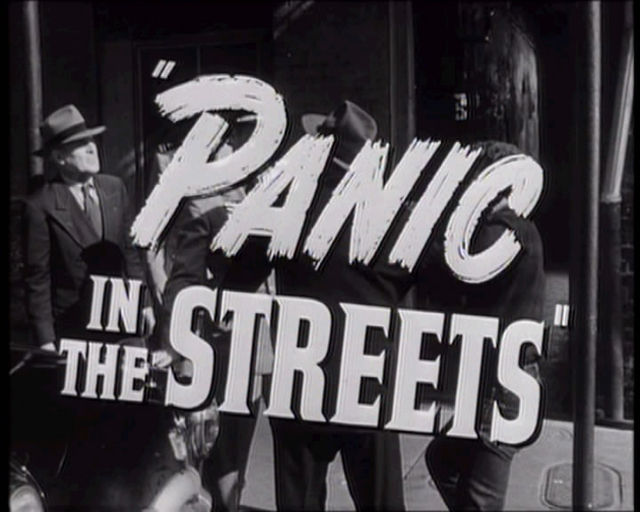
What type of stocks to purchase as investment in 2023
Investing in Defensive Sectors During a Recession
A recession can be a challenging time for investors as it often leads to market volatility and economic uncertainty. While it can be tempting to panic and sell off investments, it’s important to remember that recessions are a normal part of the economic cycle and can present opportunities for long-term investors. One strategy to consider during a recession is investing in defensive sectors.
What are defensive sectors?
Defensive sectors are industries that tend to be less affected by economic downturns and provide essential goods and services. Examples of defensive sectors include utilities, consumer staples, and healthcare. These sectors may provide a steady stream of revenue and dividends, which can be attractive to investors looking for stability in a volatile market.
Why invest in defensive sectors during a recession?
During a recession, defensive sectors may offer a level of stability compared to more cyclical industries such as manufacturing and technology. For example, people still need to turn on the lights and heat their homes, regardless of the state of the economy. As a result, utilities may see less of a drop in demand compared to other sectors. Similarly, healthcare and consumer staples, which include products such as food and household items, may also see less impact from a recession as they provide necessary goods and services.
While defensive sectors may not offer the same level of growth potential as more cyclical industries, they can provide a level of stability and income during a downturn. This can be especially appealing for long-term investors who have a longer time horizon and may be able to weather short-term market fluctuations.
Risks to consider
It’s important to remember that past performance is not a guarantee of future results, and investing in defensive sectors carries its own set of risks. For example, regulatory changes or technological advancements could disrupt the industries in which these companies operate. Additionally, defensive sectors may not always outperform the market, and it’s possible that they could underperform in a strong economic recovery.
It’s always a good idea to diversify your portfolio to spread risk and potentially mitigate the impact of market volatility. This can involve investing in a variety of asset classes and sectors, as well as considering different investment vehicles such as mutual funds and exchange-traded funds (ETFs).
Conclusion
Investing in defensive sectors during a recession can be a strategy to consider as they tend to be less affected by economic downturns and may provide a level of stability and income. However, it’s important to carefully consider your investment goals and risk tolerance before making any investment decisions, and to diversify your portfolio to spread risk.
*This is not financial advice, consult a licensed financial professional to review your situation and to make specific decisions for your portfolio. This is for informational purposes.


Average Rating